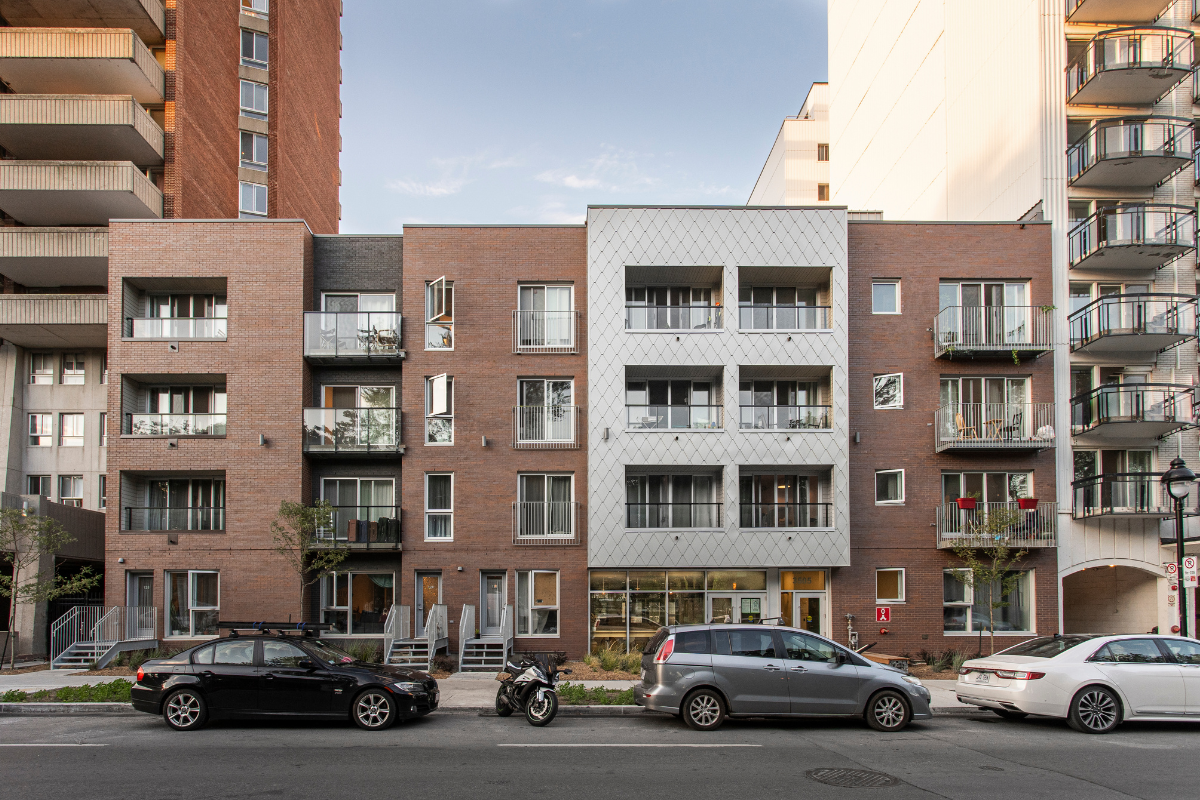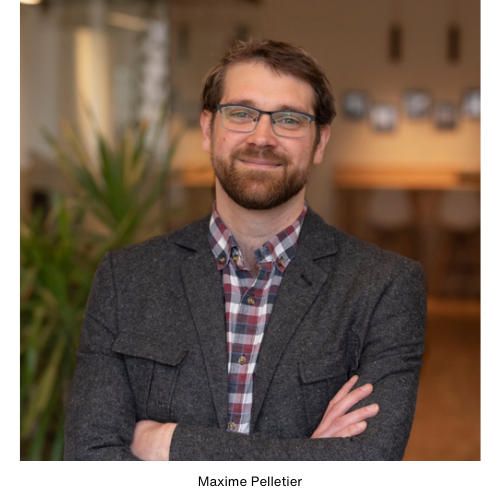A first: Non-profit ranks in Globe & Mail ranking of Canada’s top-growing companies
Why It Matters
Non-profits’ gross domestic product (GDP) was $185.8 billion in 2020, representing nine per cent of Canada’s total GDP. Over the 2010 to 2020 period, the real GDP of non-profit institutions outpaced that of the overall Canadian economy in five out of 11 years. The real GDP of non-profit institutions grew by an annual average of 1.9 per cent over the 11 years, faster than the total economy (+1.5 per cent).

This independent journalism is made possible by the Future of Good editorial fellowship covering social finance, supported by the Suncor Energy Foundation. See our editorial ethics and standards here.
For the first time, the iconic yearly ranking includes a non-profit: UTILE, a Montreal-based organization developing and operating affordable student housing.
The reason: over the last three years, it grew 507 per cent.
The rules of this self-participatory ranking are unambiguous: eligible companies must be for-profit. Charitable organizations, non-governmental organizations, and not-for-profit organizations are not eligible.
But that did not stop Maxime Pelletier, assistant director for government affairs at UTILE, from applying. Their proof of concept was straightforward, he says.
 “Our organization is similar to any company in the ranking; we generate revenues and experience exponential growth,” says Pelletier.
“Our organization is similar to any company in the ranking; we generate revenues and experience exponential growth,” says Pelletier.
“The only difference is that we do not distribute our surplus to shareholders; we reinvest it to fulfill our social mission and create more affordable student units.”
The Globe and Mail did not change its rules but decided to make an exception, says Pelletier, saying UTILE was accepted as a social enterprise.
Founded in 2013, the housing crisis was not yet front-page news.. But those at UTILE’s core saw it coming, says co-founder Laurent Levesque.
“We knew it would need solid financing to address it.”
UTILE is both a developer and a landlord, generating revenue from the developing fees and rent. To add new projects, it relies on scale.
“We act just like any private promoter; we use our property portfolio to finance more development,” says Levesque. “Developing large real estate non-profits is pivotal to easing the real estate crisis,” says Pelletier.
UTILE first turned its attention to the people most concerned by student housing: students. In 2016, with the help of Le Chantier de l’économie sociale, UTILE launched the Popular University Student Housing Fund.
Today, student associations finance this $3.3 million fund. Called a revolving fund, every dollar invested returns in the fund after each investment is complete, enabling it to finance other projects. UTILE estimates that every dollar injected by the CLÉ Fund unlocks between $5 to $20 in additional investment.
UTILE also gets financing from le Fonds d’investissement pour le logement étudiant, launched in 2016 by la Fiducie du Chantier de l’économie sociale. It offer loans with no capital repayment requirement before 15 years.
However, UTILE still operates like a traditional real estate company. “We leverage our assets to get a mortgage and pay our developing fees,” says Levesque.
UTILE has big ambitions – it plans to house 3,000 students across Quebec in affordable apartments by 2027. For now, it is housing 500 students.
“We own and operate three buildings, have one under construction, and control six lots,” says Levesque. However, this bold growth will need government support.
“To add 1,500 units within four years and keep the rent affordable, we will need government financing,” says Pelletier. UTILE plans to keep their rent increases to two per cent.
A clear message: non-profits count
“To appear in that ranking was intentional,” says Levesque. “Non-profits are a vital part of the economy and essential to the socio-economic transition. Switching to paper straws may be the flavour of the month. It makes shareholders happy. But for real transition, we must replace many private companies with non-profits.
“Each time UTILE buys land, it takes it out of the speculative market forever, and our rents are affordable, and they stay that way because we do not have to generate a profit.”
“I hope our introduction in this ranking shows the way,” says Levesque. “Alternative economic models like ours should be discussed in traditional business and economic circles to expand creativity. If our work and outcomes appear in those circles, it can have ripple effects.”
